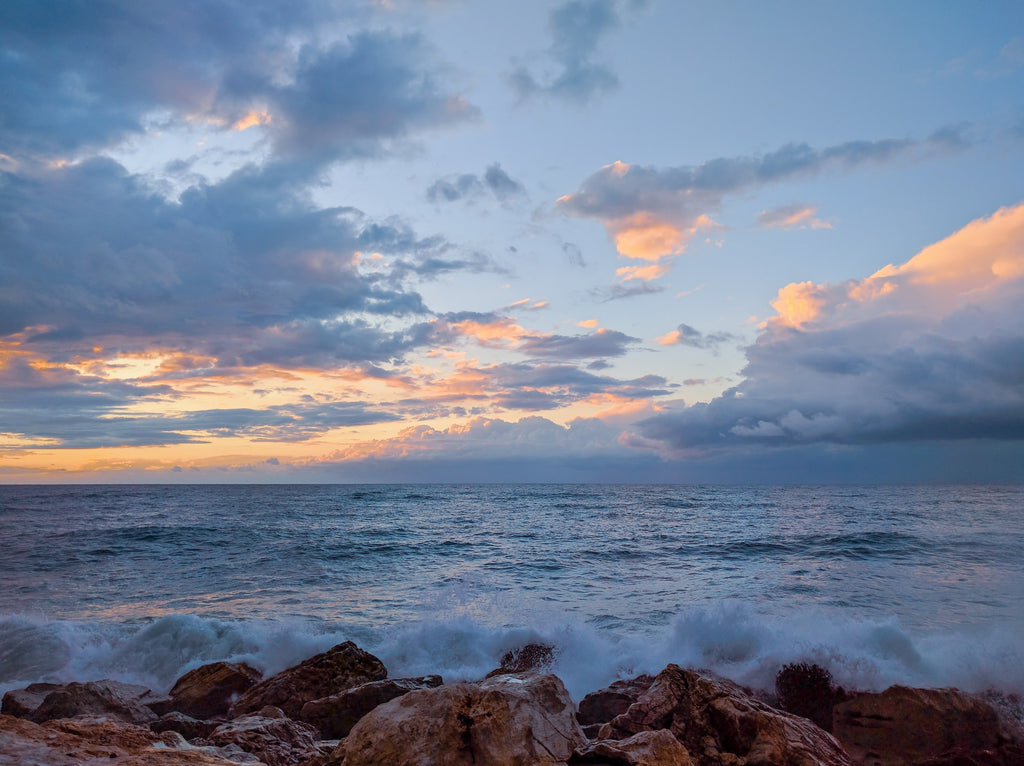Synthesised vs Mined Climbing Chalk

Climbing Chalk is essentially magnesium carbonate and most of it comes to us through an open-pit mining process. The mining process extracts the mineral magnesite from the Earth’s crust. Seventy percent of the world's supply of magnesite is mined and prepared in China. The mined magnesite then goes through a purification process to form “pure” Magnesium Carbonate.
Impurities like lead & arsenics will always be present in small quantities in mined climbing chalk but all magnesium carbonate on the market is certified as e.g. “food grade”, “cosmetics grade” or “Pharma grade”. So for the climber impurities are not really an issue, as long as a good source of chalk is ued.
The mining process itself is pretty polluting & energy intensive. If you look up Magnesite mines on Google Earth they will look like white-snow-capped mountains from a distance but when you zoom in you will see that in face they are “white holes” in the ground and pretty much the whole surrounding area is polluted with with magnesite dust. Heavy equipment is used in the mining process and the energy sources for these tend to be petroleum-based and contribute to global warming.
Magnesium carbonate can also be synthesised in a laboratory from magnesium salts and sodium bicarbonates and extracted from seawater as the byproduct of desaltination. Synthesis of magnesium carbonate is still energy intensive but at least the energy source can be chosen to be climate-neutral since no heavy equipment is needed. Especially the pathway through desalination from brine is interesting for the environment-conscious climbing market. Synthesised magnesium carbonate contains nearly no contaminants. It is a far purer product, but more expensive to produce.
An additional advantage of synthesised magnesium carbonate is that it contains far less “trapped” H2O. Mined sources of magnesite can contain a variable amount of water trapped inside the chemical structure of the mineral that cannot be simply “baked off” by heating above 100 degrees Celsius. We don’t want H2O in our chalk for obvious reasons as climbers: more H2O in your chalk means less absorption power. You can still bake your chalk to remove the moisture absorbed through the environment though. Baking “bad” chalk makes sense if e.g. your climbing chalk has been exposed to the air for a long time but it’s not going to remove the “trapped” H2O from mined chalk. Synthesised magnesium carbonate contains far less “trapped” H2O so tends to produce better performing climbing chalks.
A few higher-end brands have started offering magnesium carbonate from synthesised sources (Kletter Kalk, Tokyo Powder Industries) and Chalk Rebels is happy to join the club. In the summer of 2021 we’re switching to synthesised chalk.
Photo by Mor Shani
